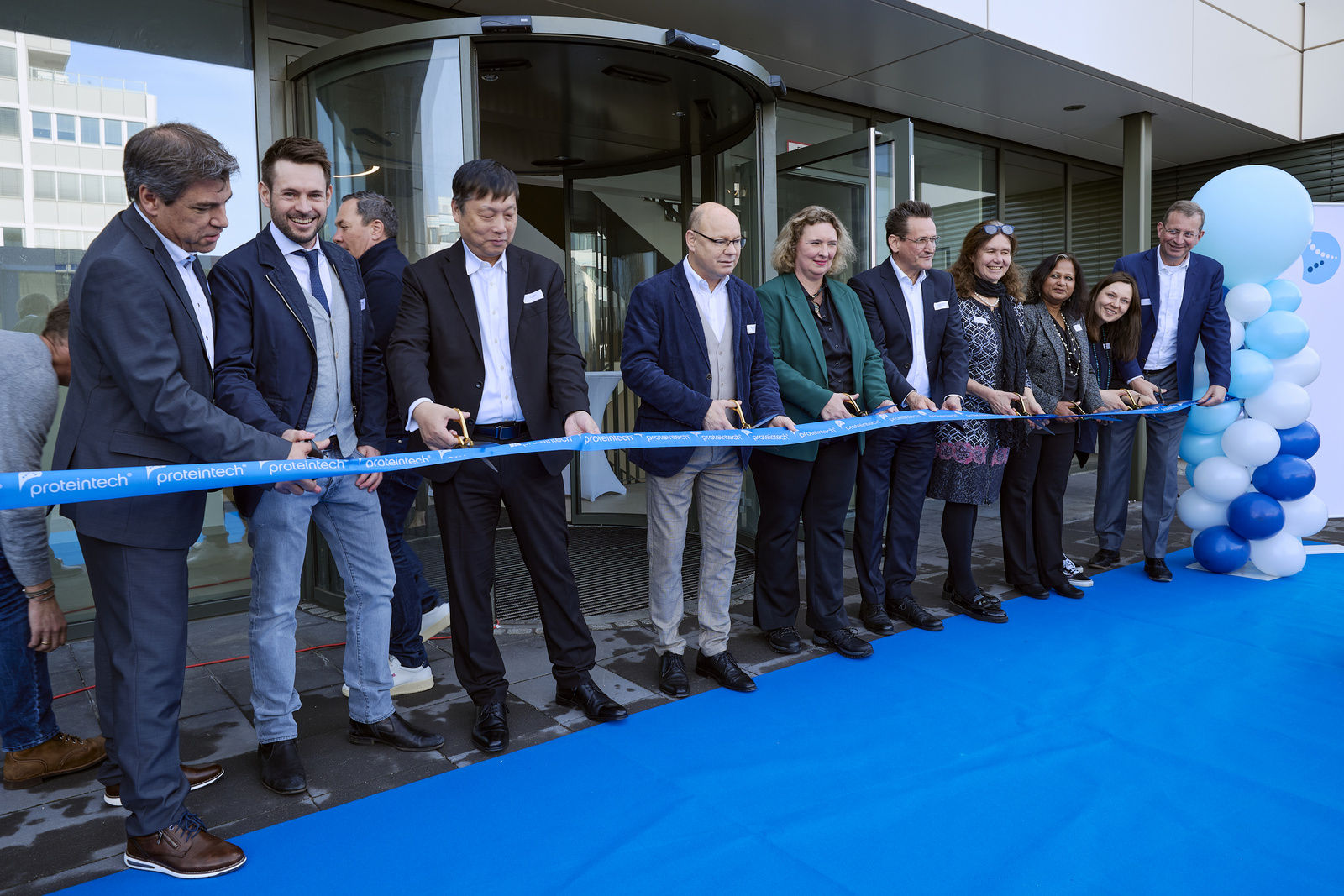- Startseite -
- Digital Bavaria -
- Blog #bytevaria - IT security in Bavaria – Security for smart factories
IT security in Bavaria – Security for smart factories
The concept of Industry 4.0 promises companies an enormous increase in their value creation. Companies in Bavaria, too, are using the opportunity to benefit from technological developments. The issue of IT security always plays a role in the implementation of new concepts for smart factories. In Bavaria, companies can expect active support in any questions they have about their internal security.
Bavarian expertise coveted among cyber-criminals
Technical expertise is the trump card of Bavaria as a location and the companies based here – and as in all industrialised nations, this expertise is especially coveted by cyber-criminals. In Germany alone, cyber-attacks cause EUR 44 billion of damage every year, around 1.6 per cent of the total gross domestic product. This figure is actually low when put in a global perspective – the annual damage worldwide amounts to EUR 350 billion. Companies are therefore not the only ones responsible for protecting valuable data. Bavaria is home to numerous bodies, specialist departments and initiatives who support businesses in both preventative and damage repair work in the field of IT security.
Contacts who can provide advice before damage is done
Back in 2013, the state initiated its own Bavarian Cybersecurity Strategy. As well as the Bavarian State Criminal Police Office’s centre for combating cyber-criminality, Cybercrime (ZAC) and the Cyber-Allianz-Zentrum Bayern (CAZ) at the Bavarian State Office for the Protection of the Constitution are both points of contact for companies, universities and operators of critical infrastructures regarding attacks based on espionage or sabotage. The facilities advise companies not only once damage has occurred, but also on how they can defend against attacks with preventative measures. They do this by offering targeted advisory services, by sensitising management and staff to the issues, and in individual presentations and meetings that aim to build up a long-term security partnership.
Confidentiality is always a top priority in this advice. Where cases are not subject to mandatory reporting, the companies seeking advice decide for themselves whether they want to prosecute – protecting them from publicity and the damage to their business this might cause. The technical information on attacks that have taken place is also passed on in anonymised form to other companies that might be affected, so that they can take appropriate measures.
It is better to be safe than sorry
Given all the measures available for keeping damage at a minimum, it would be ideal for companies not to get into the situation at all. The Fraunhofer Institute for Applied and Integrated Security (AISEC) supports companies from every industrial segment in this. To secure their systems, products and services, the Institute develops high-quality security technologies for IT-based systems and products, and subjects them to comprehensive tests for function, interoperation, conformity and compliance. AISEC’s customers come from every field – manufacturers, suppliers and users from sectors as diverse as telecommunications, automotive construction and its supplier industries, logistics, aerospace, mechanical engineering and automation technology. There is a huge range of opportunities for cooperation. As well as industrial contract research, AISEC advises companies with the help of detailed security analyses or offers opportunities for collaboration in joint projects funded by the EU, the Federal Government or the states.
Strategic partnerships with global industrial companies, such as the joint project with Infineon Technologies, and international universities like TU Munich, further consolidate the Institute’s focus. This also includes the field of industrial security, for which the Institute develops security measures especially for industrial automation.
With so much support, companies in Bavaria are well equipped to deal with the challenges of Industry 4.0 and to transform them into opportunities to increase their value creation.

- von Veronika Reichl (on parental leave)
- Investor Services Digitalization & Mobility
- Alle Artikel dieses Autors anzeigen

Our ABCs of Funding: Find the most important information about funding!

Five minutes with… Casper van het Hof, CEO IAZH GmbH

